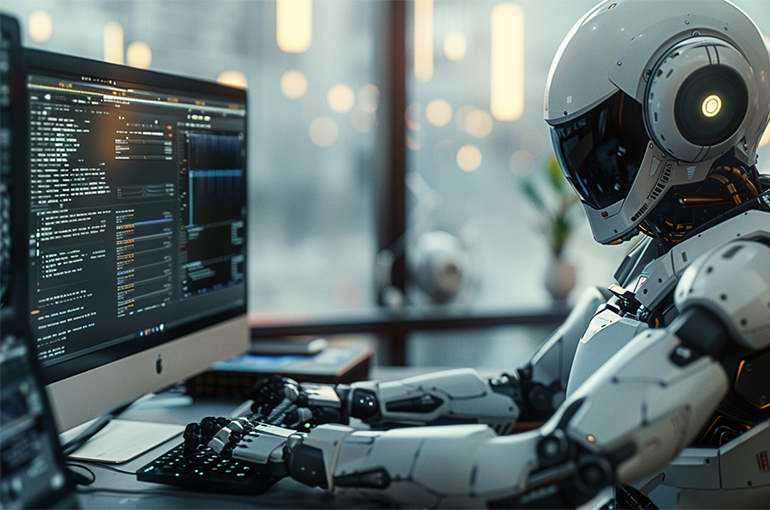 ByteDance's Literature Platform AI Training Supplemental Contract Meets Resistance
ByteDance's Literature Platform AI Training Supplemental Contract Meets Resistance(Yicai) July 25 -- Tomato Fiction, a Chinese online literature platform under TikTok owner ByteDance, has asked authors to sign an artificial intelligence training supplementary agreement, which authors strongly oppose due to disputes over the copyright ownership of the content.
Tomato Fiction may use all or part of the content and related information of signed works for annotation, database construction, AI development, machine learning, model training, and other known or future new technology research and application fields, according to contracts several authors shared on social media. The platform's copyright protects the generated content, which cannot be copied or pirated.
In response to the opposition from the authors' community, a representative from Tomato Fiction said that an option to withdraw from related clauses has been made available for those who have already signed the supplementary agreement. These clauses intended to develop auxiliary tools that could significantly enhance authors' writing efficiency and reading experience, the person noted.
Many writers are unwilling to contribute their work to training AI that might eventually replace them, according to an insider from the AI industry. In addition, there is still controversy over the ownership of intellectual property rights for AI-generated works, the insider added.
AI is far from understanding human emotions, so it cannot create truly outstanding works, author Mo Mo said. It primarily compiles materials or assists in editing, with many people in the short drama circle using AI tools for writing, with final edits done by humans, she noted, adding that if the copyright does not belong to the authors, there is a potential risk of personal rights infringement.
The platform and authors should reach a consensus on using existing content to train AI, otherwise, it may constitute a unilateral contract modification, You Yunting, a senior partner at Shanghai DeBund Law Offices, told Yicai. Only human-created content is protected by copyright law, while AI-generated content, even if authorized, is not protected, You pointed out.
Editor: Martin Kadiev